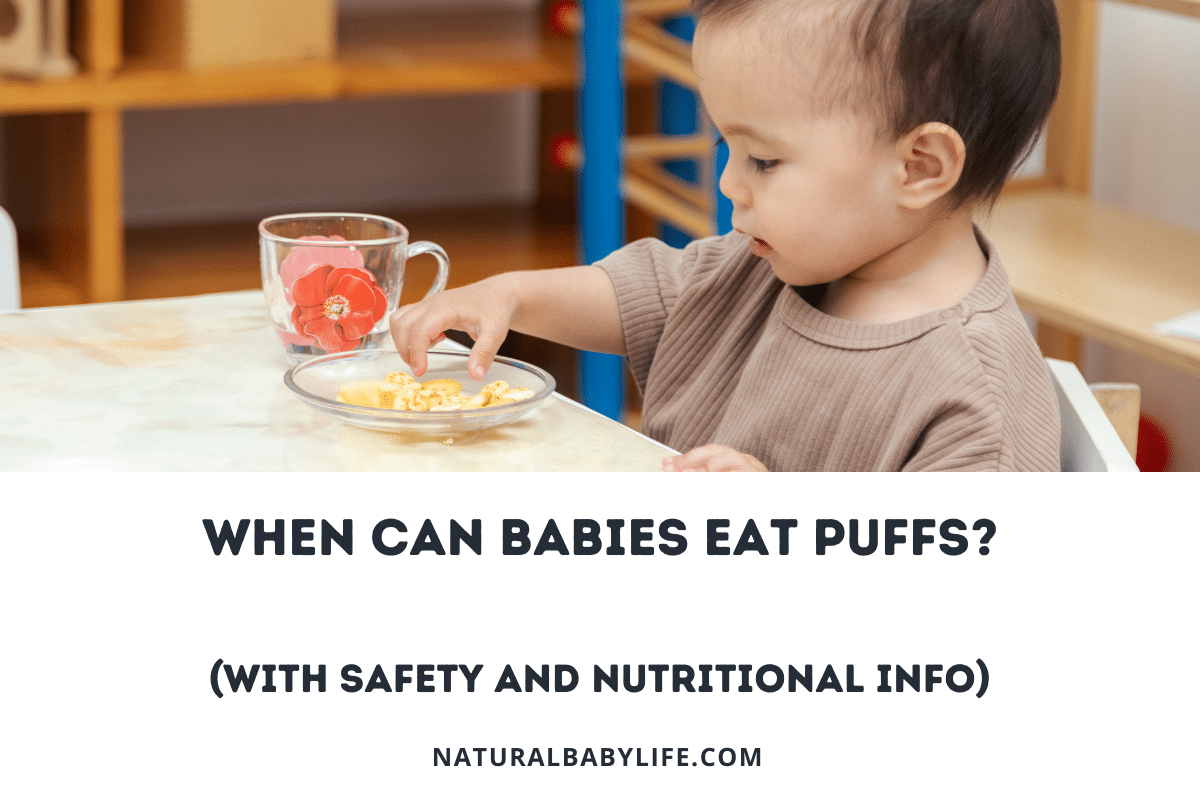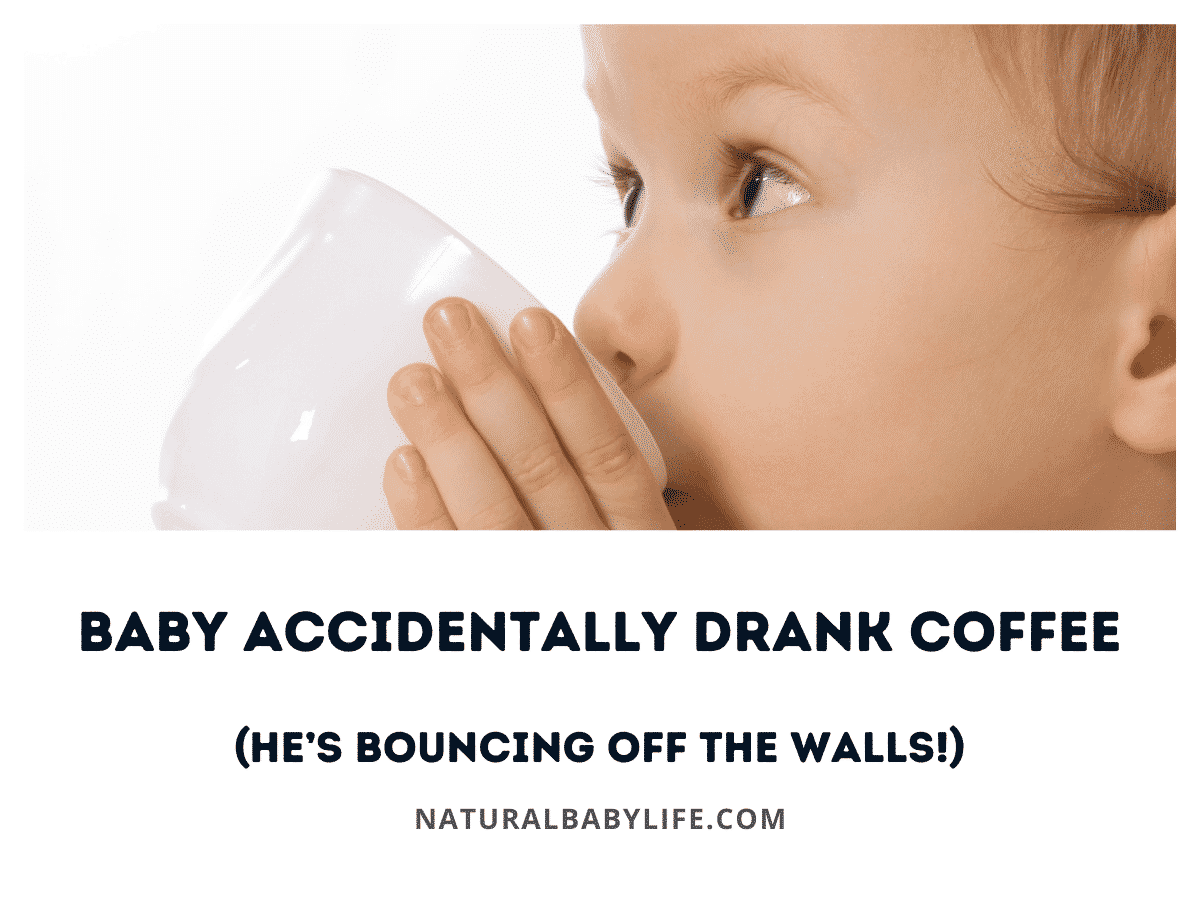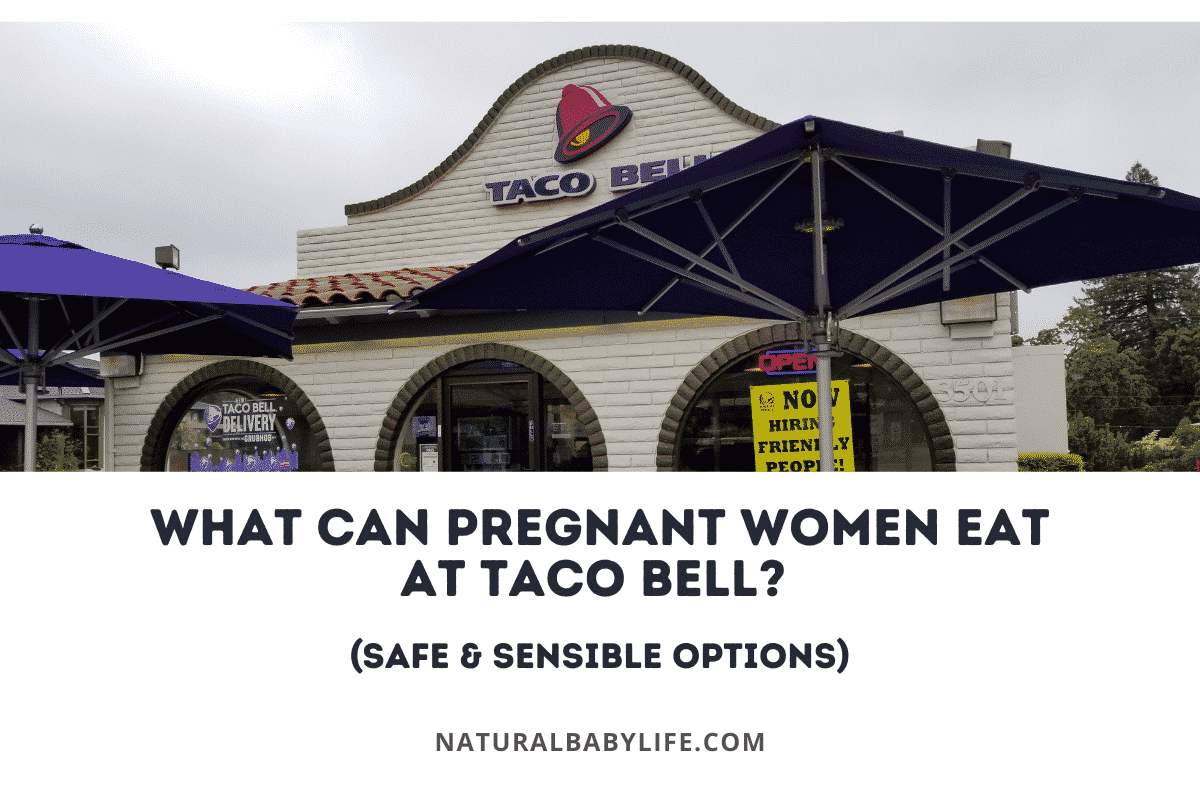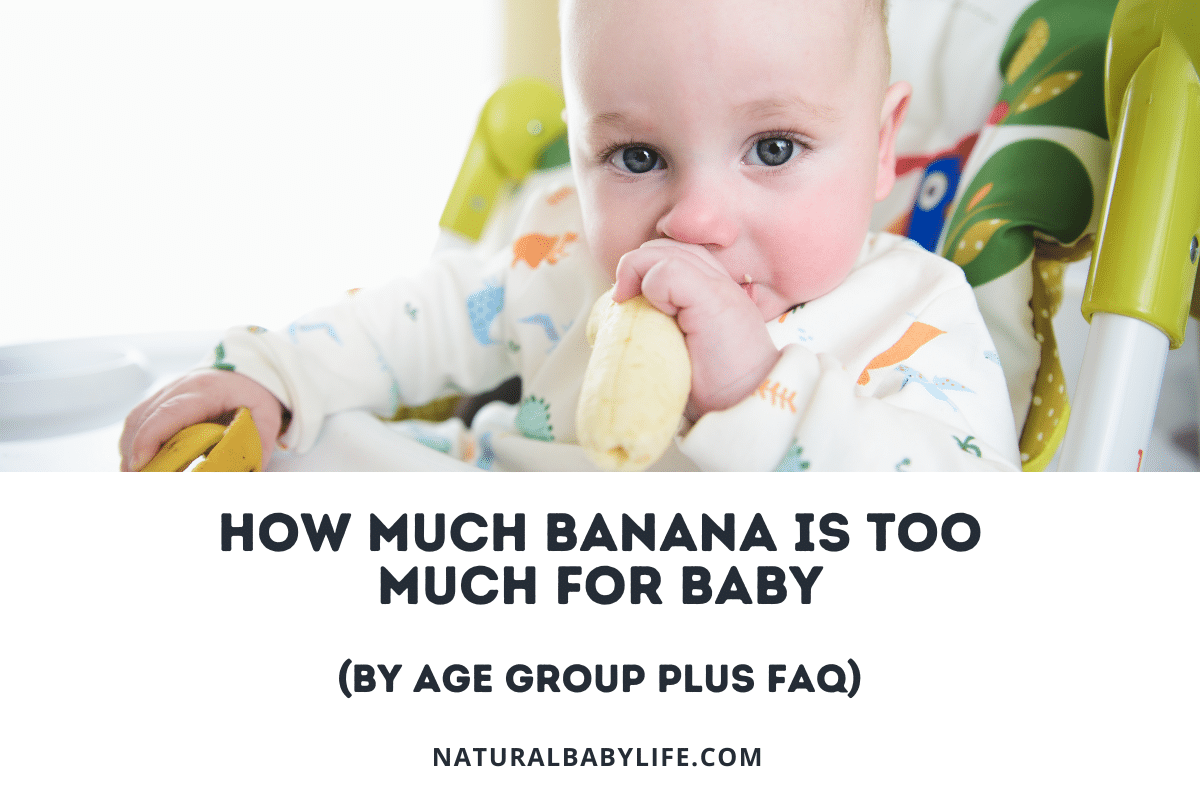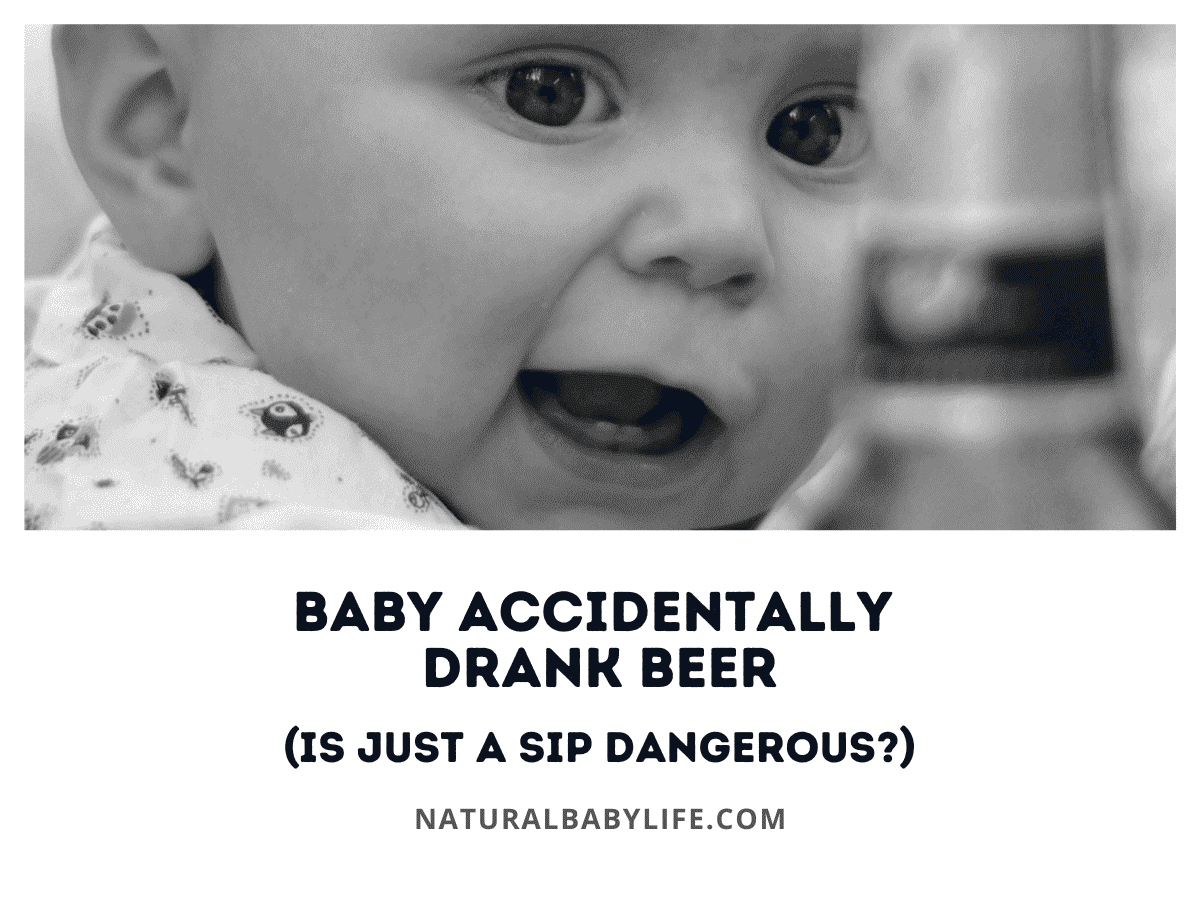It’s exciting when babies start to eat solid foods for the first time and many parents will find themselves wondering when they can give eggs to their baby as well as how much egg they should be eating.
Eggs are an incredibly healthy food that can be first given to babies at around 4 to 6 months but watch for symptoms of a potential allergy. Babies can start out eating about 1/3 to 1 whole egg per day during their first year, 1 to 2 eggs during their second year, and 2 to 4 eggs between the ages of two and five.
Overall, eggs can be a great source of protein in a baby’s that also provide many other important vitamins and minerals for their growing bodies. Let’s dive into the nutritional information of eggs, some common questions, and how many eggs your baby could eat on a given day.
Table of Contents
When can babies eat eggs?
Babies will start being introduced to solid foods at around the age of 6 months (for breastfed babies) or 4 months (for formula-fed babies). Most people tend to start with tasty fruits like bananas because they want to make sure that their baby enjoys their first foods, but really there is no ‘correct’ first food to start with.
Years ago, it was actually recommended that parents wait until their child was two years old before giving them eggs.
More current recommendations from the American Academy of Pediatrics, however, indicate that eggs are generally safe to give your baby as one of their first solid foods. They go on to say that introducing some of the more allergenic foods (such as eggs, soy, wheat, etc.) at an early age could actually help prevent developing allergies to those foods later in life.
You should be able to feed eggs to your baby starting at around 4 to 6 months. Be sure to do so at home and keep a careful eye out for any allergic reactions or intolerances. Importantly, any eggs that you serve your baby should be cooked completely through.
While many adults enjoy their eggs a little runny, especially the yolk, a baby’s immune system probably isn’t ready for the increased risk of salmonella that undercooked eggs present. After about the age of five, you can start to introduce runnier eggs.
Eggs are an incredibly healthy food when eaten in moderation so I definitely think they should be a part of your baby’s diet from a young age. We gave eggs to all three of our children at a young age and they all ate them pretty good as babies.
Now that my twin girls are nine, however, one absolutely loves eggs and the other one avoids them at all costs!
How do I know if my baby is allergic to eggs?
Eggs are one of the more potentially allergenic foods that you can introduce to your baby. Despite their many health benefits, your baby could still have an allergic reaction to eggs that prevents eating them.
According to John’s Hopkins, here are the signs and symptoms to look out for an allergic reaction when you give eggs to your baby for the first time:
- Hives, eczema, flushing, or swelling of the skin
- Belly pain, diarrhea, nausea, vomiting, or itching around the mouth
- A runny nose, wheezing, or other difficulty breathing
- Rapid heartbeat, low blood pressure, or other heart problems
If you see any of these reactions, take your baby to see a medical professional immediately!
When giving eggs to your baby for the first time, only give them a very small amount and watch for any negative reactions. If everything seems fine a few hours later, then you can proceed with giving them more at another meal.
How do I introduce eggs to my baby?
Assuming that your baby isn’t allergic to butter or other cooking oils, you can give eggs to your baby for the first time in any form that cooks the eggs completely through including fried, scrambled, or hard-boiled.
Remember that babies will not always enjoy new foods the first time you give it to them, so don’t be discouraged if yours doesn’t seem to like eggs.
I would recommend offering them to your baby in a variety of preparations to see what she might like the best. Cooking eggs in different ways creates distinctly different textures along with slightly different flavors. Each one will offer something totally new for your baby to experience!
Can I give my baby scrambled eggs?
Yes!
It is perfectly fine to feed your baby scrambled eggs once they have been introduced to eggs.
In fact, scrambled eggs can be one of the easiest ways to serve eggs to your baby because they are so flexible. Babies can pick up bits of scrambled eggs with the fingers, but you can use a spoon to feed them scrambled eggs as well. It’s also very easy to change up the consistency by adding breastmilk or formula if your young baby needs her eggs to be thinner and easier to swallow.
Just be sure not to get the scrambled eggs too dry or they could be difficult for your baby to chew and swallow!
Can babies have poached, soft-boiled, or over-easy eggs?
No.
Because all of these egg preparations feature undercooked eggs, they won’t be suitable to give to your baby. While they are generally considered safe for adults, the immune system of a baby is less developed than yours and probably isn’t ready to deal with the potential for salmonella.
Can my baby have duck eggs?
Duck eggs are pretty trendy right now, so more and more adults are adding them to their shopping lists.
As for your baby, treat duck eggs exactly the same way that you would treat chicken eggs, but be absolutely sure that you have cooked the eggs through.
Since most duck eggs are free-range and organic, they are less processed than the normal eggs in the grocery store and it’s hard to find any that have been pasteurized. Still, cooking them through should prevent any issues with salmonella from your duck eggs!
Be careful, duck eggs are a little bigger than chicken eggs so it might take a little longer to cook them, especially when boiling!
Using eggs for baby-led weaning
Baby-led weaning is a very simple way to introduce solid foods to your baby. Rather than simply spoon-feeding your baby purees, baby-led weaning emphasizes letting your baby explore new tastes and textures on their own.
As an example, baby-led weaners would get a small plate of different foods (cut into age-appropriate sizes or pureed) at mealtimes. The baby can then pick up, smell, taste, eat, or even just suck on the food at their own pace. For the first few sessions, it’s not very important that they actually eat much of the food!
Eggs can work great for baby-led weaning because they are firm enough for babies to pick up but soft enough for them to squish in their fingers or chew without teeth. Many babies will be interested in the egg’s strange texture and flavor.
As always, be sure to watch your baby carefully anytime they are eating new foods to keep an eye out for allergic reactions, choking hazards, or other issues!
Do eggs cause constipation in babies?
No.
Eggs are very unlikely to cause constipation in your baby on their own. However, eating too many protein and fat-rich foods such as eggs and not enough fiber-rich foods such as fruits and vegetables can cause issues with constipation.
Your best bet is to make sure that you keep your baby’s diet varied and include plenty of fiber-rich foods to help keep her regular. Remember that once you start introducing solid foods, your baby’s poop will become more solid as well. This is especially true of breastfed babies who tend to have less solid poops, in general.
Expect to see one or two fewer poops per day once your baby starts eating solids!
Egg nutrition for babies
Eggs are considered a very healthy food for babies and adults, alike! Below you will find a complete nutritional breakdown of what you will find in your typical large, whole egg:
- Calories: 72
- Total fat: 4.8 grams (1.6g saturated, 1g polyunsaturated, 1.8g monounsaturated)
- Total Carbohydrates: .4 grams (0 grams fiber, .2 grams sugar)
- Protein: 6.3 grams
- Sodium: 71 mg
- Cholesterol: 186 mg
- Potassium: 69 mg
- Vitamin A: 5.4% of daily value (DV)
- Vitamin C: 0% of DV
- Calcium: 2.2% of DV
- Iron: 4.9% of DV
Source: Nutritionix
As you can see, eggs are a zero-sugar food that adds a great source of protein to your baby’s diet.
There are also lots of other beneficial things included in eggs:
- Choline – Important for brain development and memory!
- Vitamin D
- Vitamins B2, B6, and B12
- Zinc
- Copper
- Vitamin K
- Some brands contain omega-3 fatty acids (check the carton!)
Psst! Did you know that you can order avocados through Walmart Grocery and have them delivered to you while you wait in the car? Click here to sign up and get $10 off of your first order!
How much egg can I feed my baby?
All babies are a little different, but there are still some general recommendations that you should follow when it comes to serving eggs to your child. These assume, by the way, that your baby isn’t allergic or intolerant to eggs in any way!
Eggs fall into the protein category if you are looking at feeding charts and federal dietary guidelines.
Protein is extremely important for growing babies because it helps support their muscles, bones, cartilage, skin, and blood. At each stage of development, your baby should get a certain amount of total protein, which includes sources like eggs.
In general, you probably shouldn’t be too worried about how many eggs you are feeding your baby as long as it isn’t more than the total protein recommendation for each day. You can find that in the table below, based on the feeding guides for infants and toddlers at the Florida Department of Health.
Egg servings by age
| Baby or Toddler Age | Total servings of protein (such as eggs) per day |
|---|---|
| 6 to 8 months old | 1 to 6 tablespoons per day (between 1/3 and 1 whole eggs) |
| 8 to 12 months old | 1/4 cup per day (between 1 and 2 whole eggs) |
| 12 to 16 months old | 2 ounces per day (between 1 and 2 whole eggs) |
| 16 to 24 months old | 2 ounces per day (between 1 and 2 whole eggs) |
| 2 to 5 years old | 2 to 4 ounces per day (between 2 and 4 whole eggs) |
Can babies eat eggs every day?
Yes!
As long as your baby isn’t allergic to eggs, there is no reason that you can’t give them to him every day.
It can be difficult to add good sources of protein into a baby’s diet because they are often picky when it comes to meats.
If your baby loves eggs, then consider yourself lucky because it will be incredibly easy to add protein in their diet this way.
Just be mindful of the fact that egg yolks do contain a lot of fat compared to some other protein-rich foods such as chicken or fish, so their calorie content is relatively high. This isn’t an issue in and of itself, just something to keep in mind if your baby is gaining weight too quickly!




